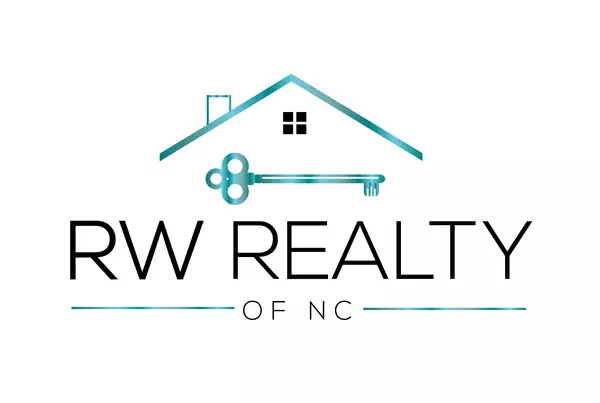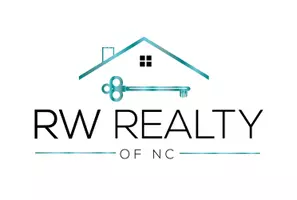How Election Results Influence Real Estate Markets: Insights from Past Election Cycles
Election years are always a time of anticipation and uncertainty—not just in politics but in the real estate market too. Many wonder, "Will home prices go up or down after the election?" and "How will economic policies affect my buying or selling decisions?" While each election cycle brings unique circumstances, there are some common trends that have emerged from previous election years. In this post, we'll explore these patterns to better understand how the housing market may react following election outcomes.
1. The Immediate Post-Election Market Reaction
Following an election, the housing market often sees shifts in activity, largely due to a combination of uncertainty and renewed consumer confidence. In the months leading up to an election, buyers and sellers sometimes delay making big financial decisions, waiting to see which policies the winning party will introduce.
For example, after the 2020 election, the real estate market experienced a notable uptick in activity. Buyers and sellers who had been cautious in the pre-election period entered the market, especially since interest rates were historically low. This post-election surge is typical, as people regain confidence to make financial moves once election results are clear and the direction of policy is known.
2. Buyer and Seller Behavior
Buyer and seller confidence often mirrors their expectations of economic stability and prosperity under the new administration. For instance:
In 2016, many buyers were optimistic about policies that aimed to boost economic growth, and housing activity increased as people anticipated more favorable tax conditions and economic stimulus.
In contrast, elections that signal significant policy changes, such as potential tax hikes or shifts in regulations, may lead some sellers to put their homes on the market before those changes take effect.
Buyers may also be more or less motivated depending on the administration's stance on housing affordability and mortgage lending policies. Policies that promote homeownership—such as tax credits for first-time buyers—can create a surge in buying activity.
3. Interest Rate Trends
Interest rates, while controlled by the Federal Reserve, are often influenced by the broader economic outlook shaped by election results. For instance:
After the 2012 election, the Fed maintained low rates as a stimulus measure, which kept mortgage rates down and increased affordability, leading to more home sales.
In 2016, the Fed raised interest rates several times in response to a strong economic outlook, which slightly slowed the rate of homebuying due to higher borrowing costs.
Mortgage rates can have a direct impact on home affordability and purchasing power, so if an administration supports policies that promote economic growth, rates might rise. On the other hand, if they anticipate economic challenges, the Fed may keep rates low to stimulate the economy.
4. Policy Changes and Housing Supply
Housing supply and demand can be impacted by the types of policies each administration introduces. For example:
Some administrations focus on increasing affordable housing and incentivizing builders to create more supply. After the 2020 election, the administration pushed for housing affordability and addressed the housing shortage with a focus on building affordable units, although implementation takes time.
Other policies might reduce taxes for homebuilders or streamline zoning and building regulations, which could lead to more housing options and increased supply, helping balance the market.
Election outcomes can also affect how desirable certain areas become. For instance, administrations that prioritize infrastructure improvements in suburban or rural areas may boost the attractiveness of these regions, potentially leading to increased demand for homes there.
5. Impact on Different Types of Real Estate Markets
Election results can impact urban, suburban, and rural markets differently. For example:
After the 2020 election, remote work policies became more widespread, which encouraged many people to move out of urban areas and into suburban or rural communities. This demand boosted home prices in less densely populated areas and created competitive markets outside traditional city centers.
An administration focused on urban development may offer incentives for city infrastructure projects, making urban areas more attractive and potentially boosting property values in metropolitan regions.
Each market type can see different trends depending on the administration’s policies and where they choose to invest in development.
6. Long-Term Economic Confidence and Real Estate
The "wealth effect" plays a role in the real estate market as well. When consumers feel secure in their financial situation, they're more likely to make big purchases, including real estate. Policies that promote job growth, economic expansion, and wage increases generally encourage more people to consider buying homes.
For example, following the 2016 election, job growth and a strong stock market boosted consumer confidence, which contributed to rising home sales. When people feel financially stable, they are more willing to make substantial investments like buying a home.
Long-term economic confidence is crucial for a healthy real estate market. While short-term changes can create spikes or lulls, a steady economy with clear and supportive policies often creates a stable foundation for homebuying.
While elections bring changes, the real estate market is resilient and adaptive. Patterns from past elections show that the market often stabilizes as people adjust to new policies. While it’s natural to wonder about the future, having a seasoned Realtor on your side can make navigating post-election dynamics easier and help you make informed decisions. Whether you’re buying or selling, understanding these trends can give you a sense of timing and confidence as you move forward with your real estate goals.
Categories
Recent Posts










